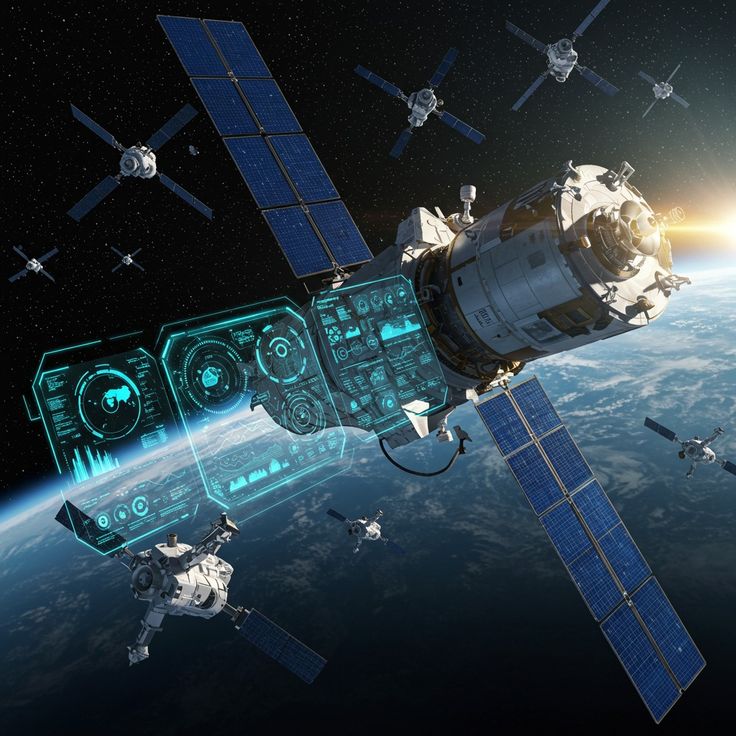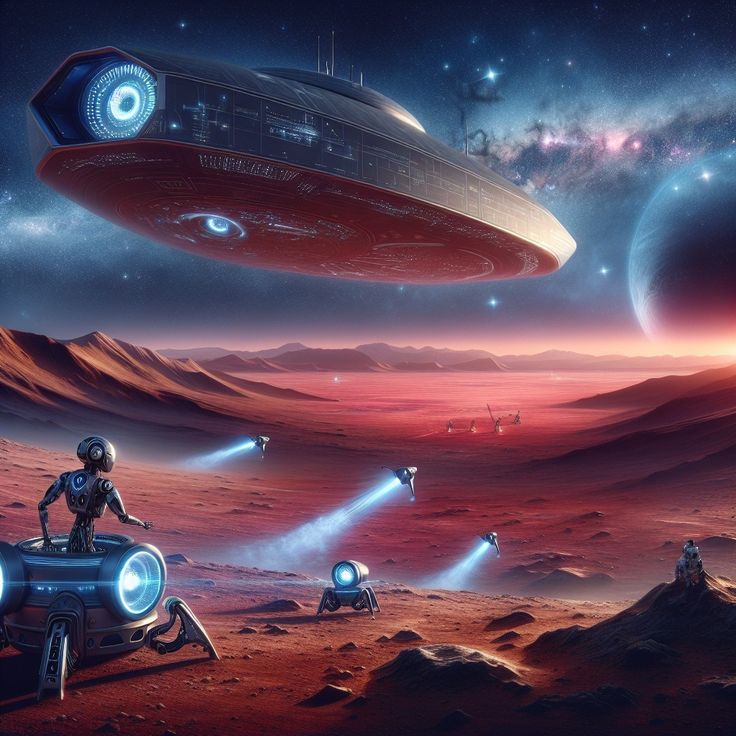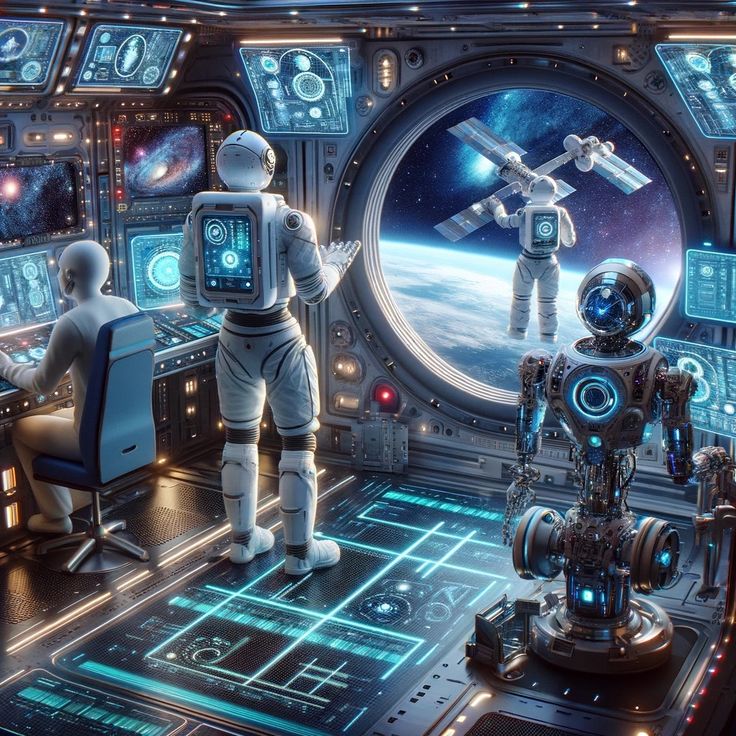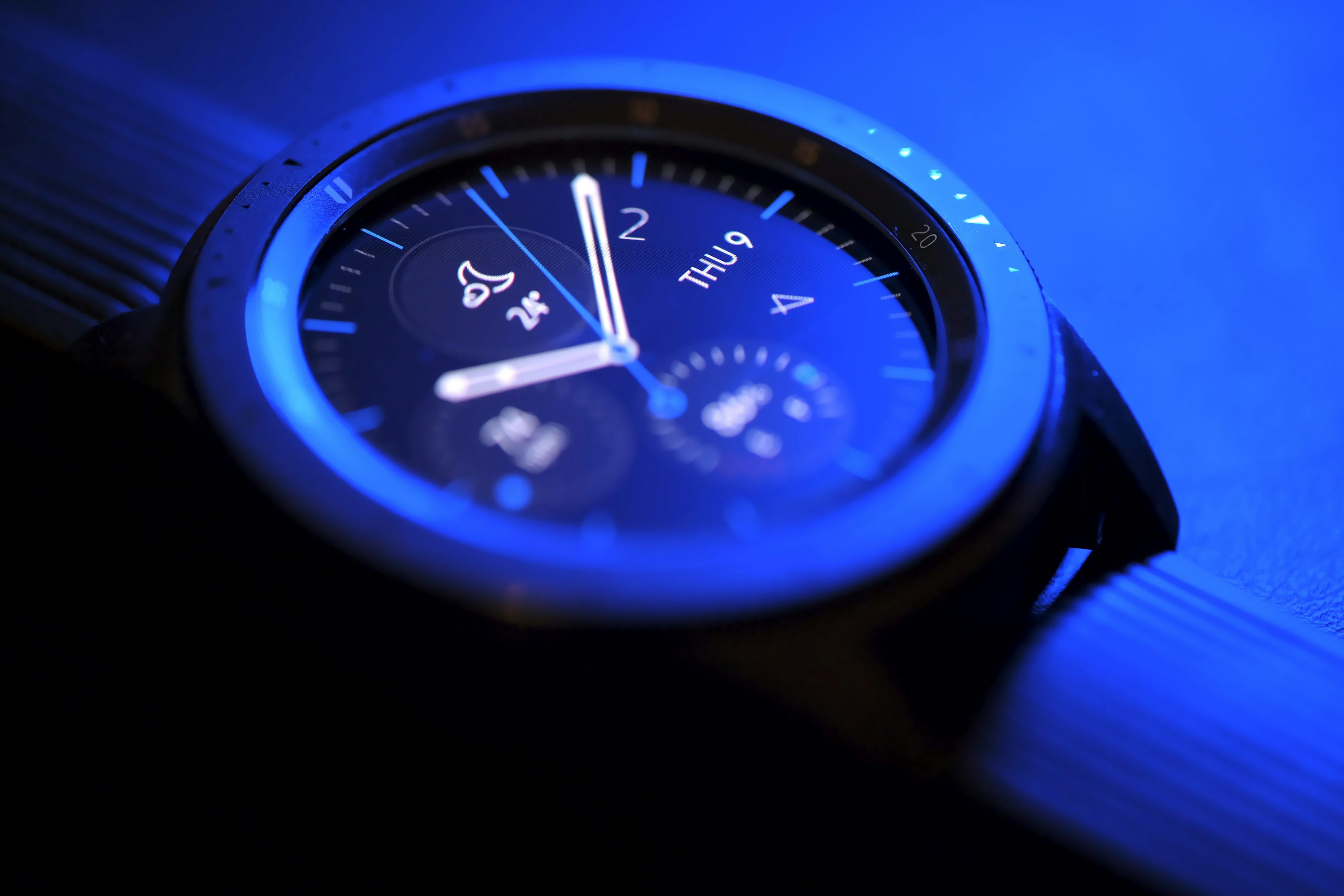Since the ancient times, humans have gazed at the stars, eager to know what lies beyond. Stars and humans have always had a mysterious fate. From the first telescopes to today’s probes, our reach has stretched farther and farther, yet the mysteries of the cosmos extend well beyond human patience and perception. When artificial intelligence enters the field of space exploration, everything begins to shift dramatically.

Intelligent Eyes and Ears
Traditional probes are like solitary messengers, venturing to distant planets, collecting data, and then waiting patiently to transmit it back to Earth. This process often takes months or even years. With AI onboard, probes gain an “instant brain.” They can rapidly sift through massive volumes of information, immediately deciding whether a rock is worth deeper analysis or whether a faint signal might suggest traces of life. Humans no longer have to wait for remote instructions to act—AI makes exploration faster and sharper.
Staying Calm in the Unknown
Space is filled with surprises and sudden challenges. Probes may encounter unexpected terrain, bursts of cosmic radiation, or even internal malfunctions. In the past, these issues required waiting for Earth-based commands, but AI can now respond autonomously. It can alter its flight path to avoid dangerous landscapes, or reallocate power when energy runs low to ensure mission-critical tasks are completed. Acting as a calm and tireless co-pilot, AI ensures that the mission continues even in the face of uncertainty.

Reasoning and Prediction
Beyond immediate responses, AI excels at building models and forecasting outcomes. By analyzing planetary climate data, it can simulate environmental changes decades into the future, helping scientists select ideal landing sites. It can also detect faint anomalies hidden in noisy signals, which might indicate unknown celestial bodies or rare cosmic events. AI is not just a tool—it is a researcher in its own right, constantly learning from the universe and feeding that knowledge back into Earth’s scientific progress.
When Machines Meet Human Imagination
Some worry that AI’s rationality might strip exploration of its romance, but the opposite is true. AI takes on the complex and repetitive tasks, freeing humans to dream bigger. Instead of drowning in raw data, we can focus on bolder questions: Could cosmic dust harbor the seeds of life Does matter near black holes behave as we expect Behind these questions, AI acts as a patient assistant, providing countless pathways for verification.

A New Landscape of Exploration
Future probes may not be mere machines but intelligent companions with a degree of thought. They could communicate with one another, forming networks of autonomous explorers—like a fleet of ships sharing discoveries across the galaxy. Humanity’s cosmic quest would no longer depend on the success of a single mission, but on the collective knowledge built by many AI collaborators.
Among the stars, AI is not a replacement for human curiosity but its amplifier. It helps us see farther, listen more clearly, and think more deeply. The universe may be boundless, but with AI, our journey of exploration has only just begun.





